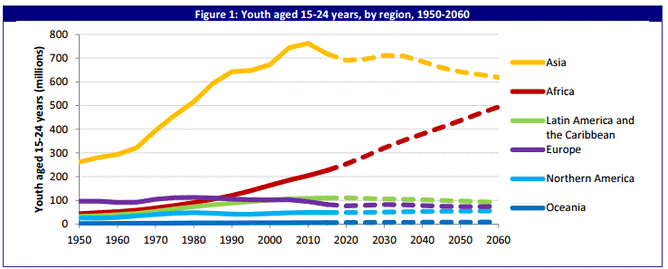Vietnam’s Regular Minimum Wage Increases are not without Discord
In September 2015, the National Wage Council (NWC) of Vietnam proposed an increase of 12.4 percent to the minimum wage in 2016. The key parties — representatives of business in the Vietnam Chamber of Commerce and Industry (VCCI) and the state-sanctioned national union of workers, the Vietnam General Confederation of Labour (VGCL) — finally reached a consensus after two stalled meetings. The process, after all, is within the state’s annual schedule and hardly goes with any substantive changes to labour market institutions.





